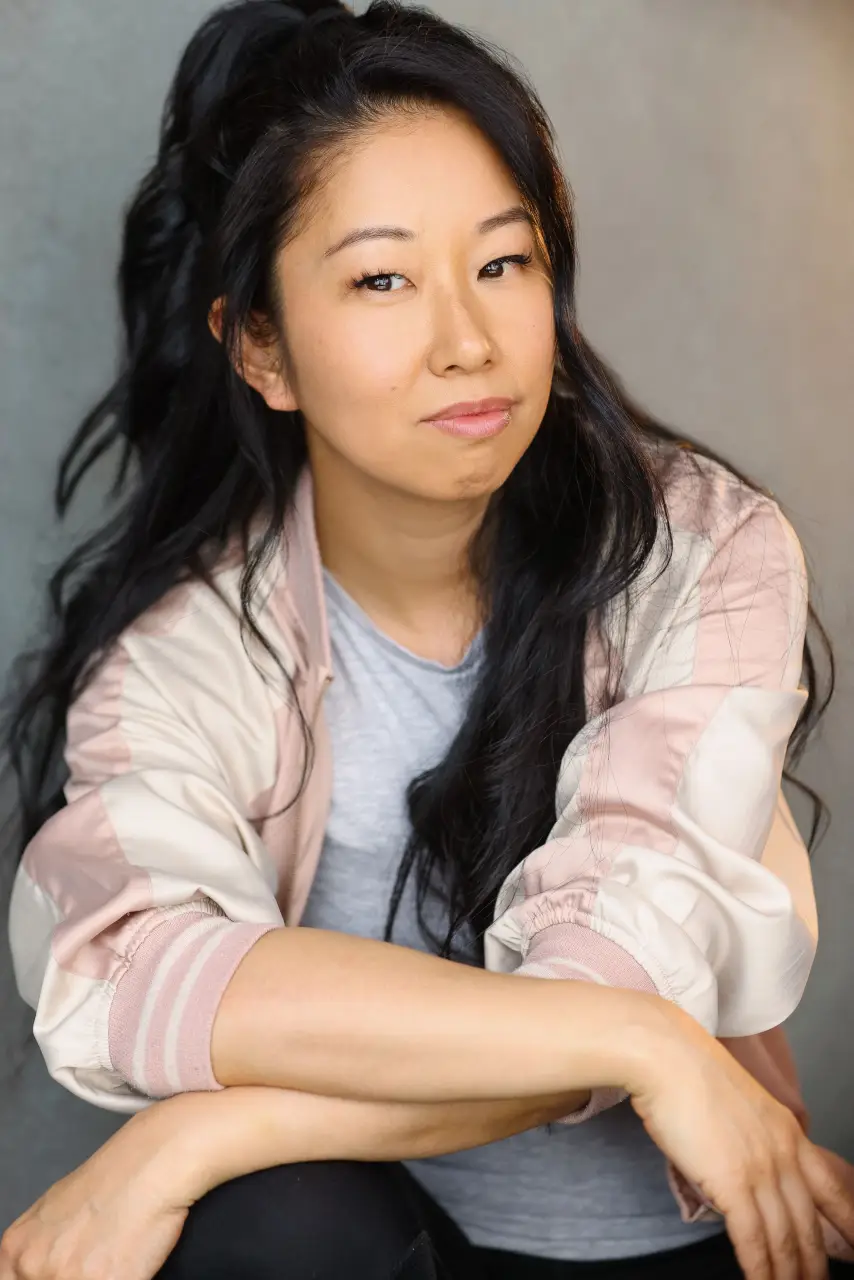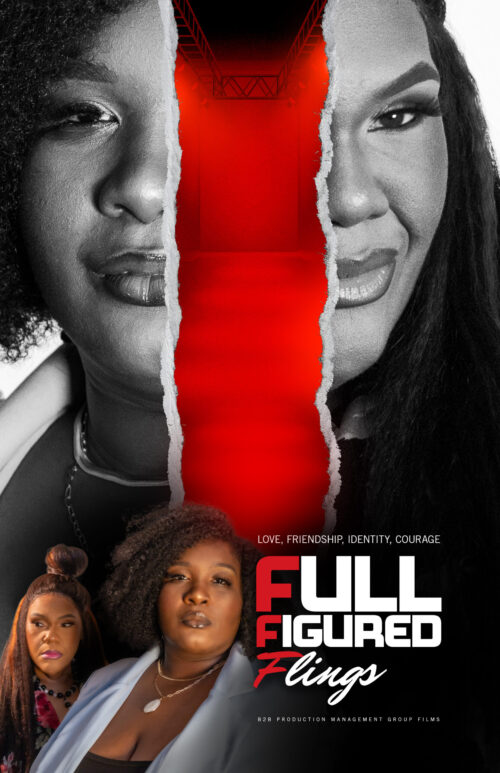We Speak Actors
From Britain’s Got Talent to Bollywood: Emiko Ishii finds success in acting, dancing and choreography

British-born actor, action performer,dancer and choreographer Emiko Ishii was once told by her theatrical agent that there were no roles for Japanese actors. But she’s proved them wrong with her vibrant and multi-stranded career, which has included critically acclaimed theatre, action movies and Bollywood films. She’s also a professional dancer and choreographer, and owns her own company, Epika Dance, a troupe that fuses Indian and Japanese dance, hip hop and martial arts. She says: “I want to represent the beauty of global dance to a wider audience.”
Tell us about your role in the play ‘The Mistake’?
“‘It’s one of the most exciting and challenging roles that I’ve had, playing multiple characters.It’s an urgent play about the atomic bombs that were dropped on Hiroshima and Nagasaki. It was written by Michael Mears, performed at the Edinburgh Fringe and then completed two runs at London’s Arcola Theatre by popular demand, receiving 4-star reviews from The Times and The Scotsman.”
You’re also a great dancer and have danced in movies, as well as at high-profile events?
“‘Mad About Dance’was my debut as an actress in a Bollywood feature film. It was a dream to be able to combine both Indian dance and acting in this role. I have 18 years of professional dance experience as a performer, choreographer and qualified instructor. “
“With Threebee Dance, I was a semi-finalist in ‘Britain’s Got Talent’. Then, in 2012, I was part of the choreographic team, assistant dance captain and featured dancer at the London Olympics opening ceremony.”
“Bring on the Bollywood UK Tour pushed me in another way, combining different styles of Indian dancing, singing and acting. I’ve appeared in film, TV, theatre, fashion shows and award shows in the UK and abroad, including the Asian Achievers Awards, Antalya Film Festival , Olivier Awards, Comic Relief, National Lottery Live; and Cannes Film Festival.”

How do you combine this with choreography work?
“Choreography was a natural progression for me from all the disciplines that I do, including dance, acting and martial arts. I love being creatively challenged. Fulfilling the vision of each project is unique, so the choreography should reflect this and elevate the overall piece. I’ve also incorporated all my disciplines through my international Bollywood company, Epika Dance.”
What was your first acting experience?
“I was born and raised in the UK. I was very shy and quiet as a child – I couldn’t even look people in the eye. When I was 13 years old, I was given the opportunity to play the first witch in Shakespeare’s ‘Macbeth’ and Titania in ‘A Midsummer Night’s Dream’ in my school play. I stood on the stage feeling comfortable and confident. From that moment, I knew acting was my calling.”
How did you get into the industry?
“I joined a local performing arts agency to kickstart my acting and dance career. I also trained in different forms of martial arts to expand my range in acting. After a year I was told by the agency that there were no roles for Japanese girls. I believe in never giving up on your goals and dreams. Being Japanese, I wanted to be an actress who connects people by understanding their history, culture and sentiment. Prior to pursuing my career in acting, I went to King’s College University London to read film, American history and literature, as my overachieving Asian parents wanted me to get a real job as a third AD on a major feature film… but I rebelled and took a role as an actress in a Bollywood feature instead – the rest is history!”
Who has inspired you to follow your dreams?
“My parents have always inspired me, showing that hard work, honesty and passion always pays off. My great aunt, Machiko Soga, was an actress in Japan and she taught me to always be myself and to fight for my dreams, as she has. “
“Doing basic military training for four years has given me the mental and physical endurance to tackle any obstacle, as well as the value of teamwork.”
My gurus and senseis in dance and martial arts have also played a huge role in training me to face any challenge head-on.”
Featured photo credit: Adam Hills
We Speak Actors
Full-Figured Flings Teaser Nears 14K Views – Director of Photography Offers Special Father’s Day Release

Back 2 the Basics Production Management Group is proud to announce the official teaser premiere for FFF: Full-Figured Flings, a bold and unapologetic new film celebrating full-figured women and challenging the norms of beauty in Hollywood. Clocking in at just 46 seconds, the teaser doesn’t waste a moment, delivering a powerful visual and emotional punch that sets the tone for a project rooted in body positivity, size inclusivity, and cultural truth.
Premiering ahead of the 20th anniversary of Phat Girlz (2006), FFF serves as both homage and evolution. The film expands the conversation around colorism, sizeism, and shapeism, spotlighting women who have often been cast aside, sidelined, or silenced.

“This teaser is more than a preview—it’s a declaration,” said Lillie Mae Jones, creator and producer. “FFF is our love letter to the women who’ve never been centered but have always been essential. We’re not just telling stories—we’re shifting the lens.”
FFF: Full-Figured Flings is currently in development as a non-union independent production, with plans to release in 2026. The film invites audiences and allies to follow, support, and amplify the message through community engagement, open casting calls, and creative collaborations—including the launch of a nationwide call for a “Big Girl Anthem” to serve as the film’s official theme song.


Accept the Challenge…
The buzz is building fast around the highly anticipated full-figured fashion experience FFF, and now there’s a challenge on the table that fans won’t want to miss.
After racking up 11,000 views in less than 10 days, the official teaser video for FFF on YouTube is quickly gaining momentum. And now, the film’s Director of Photography, Dominique Perry, has thrown down a bold offer:
“If we hit 20,000 views before Saturday, June 14th, I’ll drop an exclusive second teaser on Father’s Day.”
This is more than a film—it’s a movement. FFF is a high-fashion, high-impact visual celebration of full-figured women taking a stand for representation, inclusion, and power on and off the runway.
Here’s how you can help make it happen: Watch the teaser now on YouTube. Like, comment, and subscribe. Share it with your community and post why YOU stand in solidarity with full-figured women
Watch here for a taste of the boldness, beauty, and energy
-

 We Speak Volleyball1 week ago
We Speak Volleyball1 week agoBuilt for the Pressure, Wired to Compete: Loretta Duby’s Passionate Pursuit of Purpose Through Volleyball
-

 We Speak Soccer5 days ago
We Speak Soccer5 days agoNo Entry Allowed: How Austin Fortner Is Becoming a Standout Keeper with Confidence and Control
-

 We Speak Football6 days ago
We Speak Football6 days agoFrom Snap to Touchdown: How Niah Reyes Plays the Game with Heart and Hustle
-

 We Speak Coaches1 week ago
We Speak Coaches1 week agoCoach of Culture, Heart of a Movement: The Extraordinary Journey of Daniel Moore, Pioneer of Women’s Flag Football and Builder of Young Lives





















